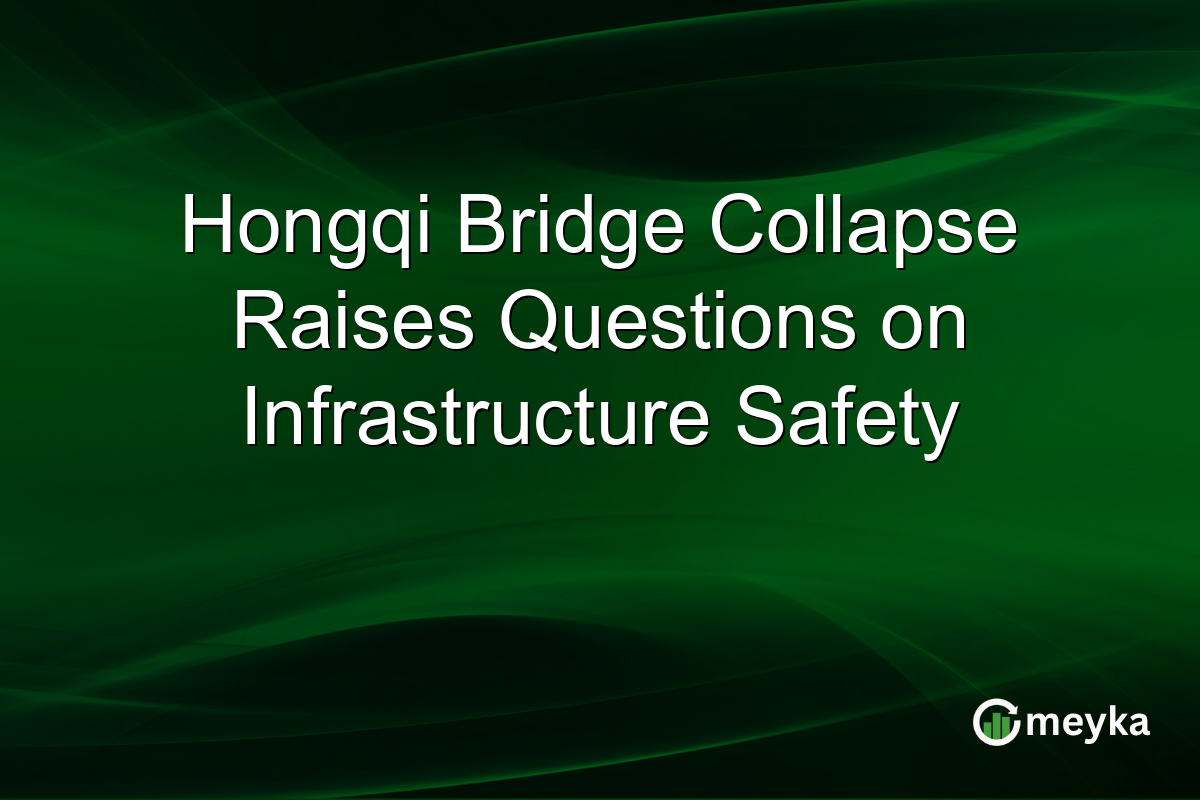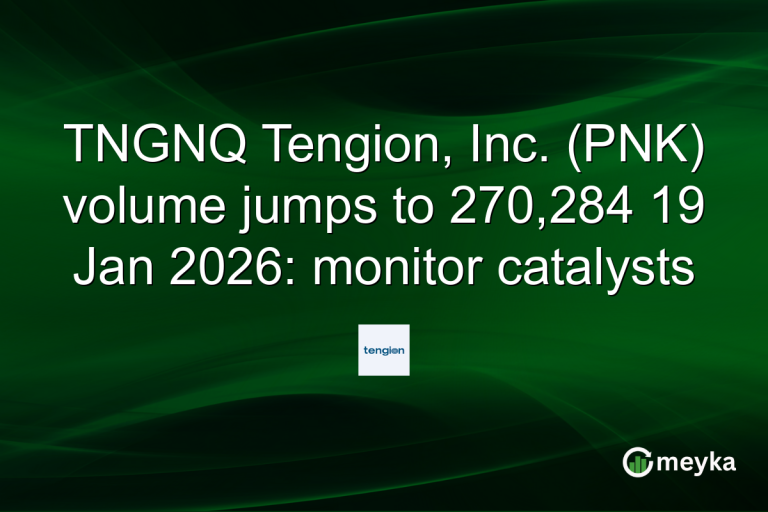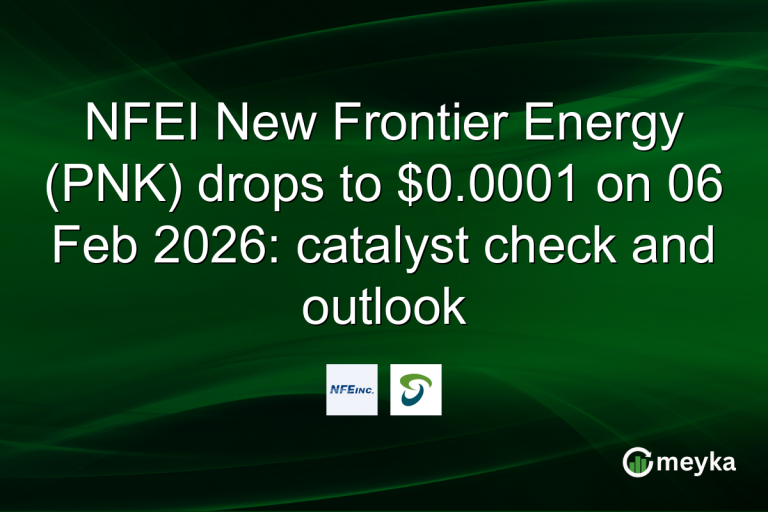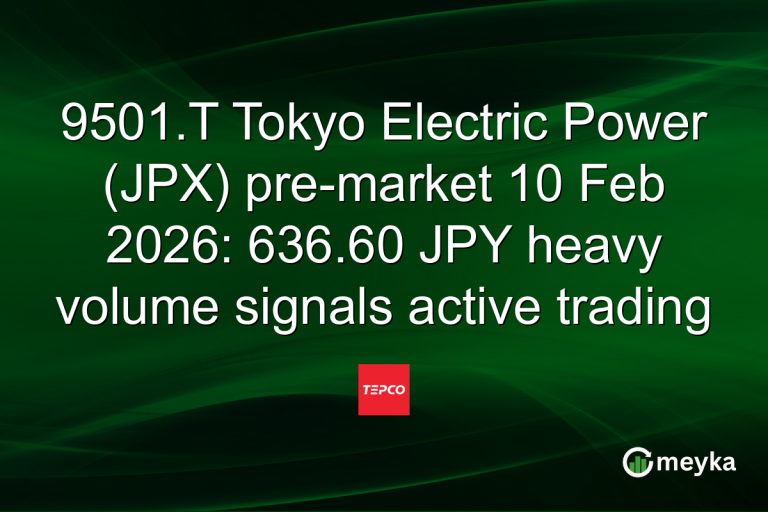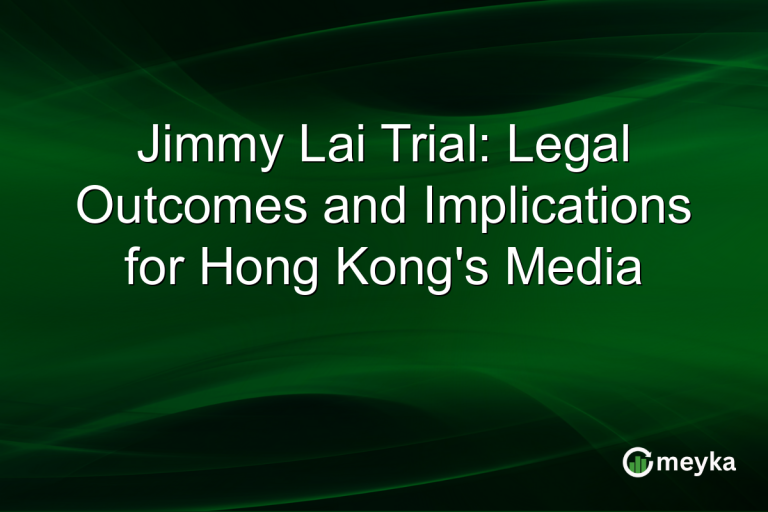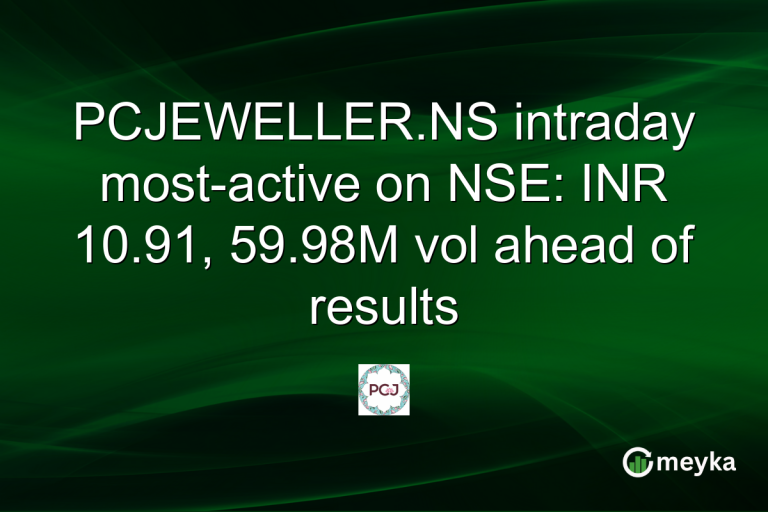Hongqi Bridge Collapse Raises Questions on Infrastructure Safety
The recent collapse of Hongqi Bridge in China has drawn significant attention to the country’s infrastructure safety and construction standards. This incident, happening just months after the bridge’s completion, marks another entry in a string of structural failures that challenge the perception of Chinese engineering prowess. With infrastructure being a cornerstone in China’s growth strategy, the collapse raises concerns about investment reliability and public safety.
Continue Reading on Meyka
This article is available in full on our main platform. Get access to complete analysis, stock insights, and more.
Read Full Article →